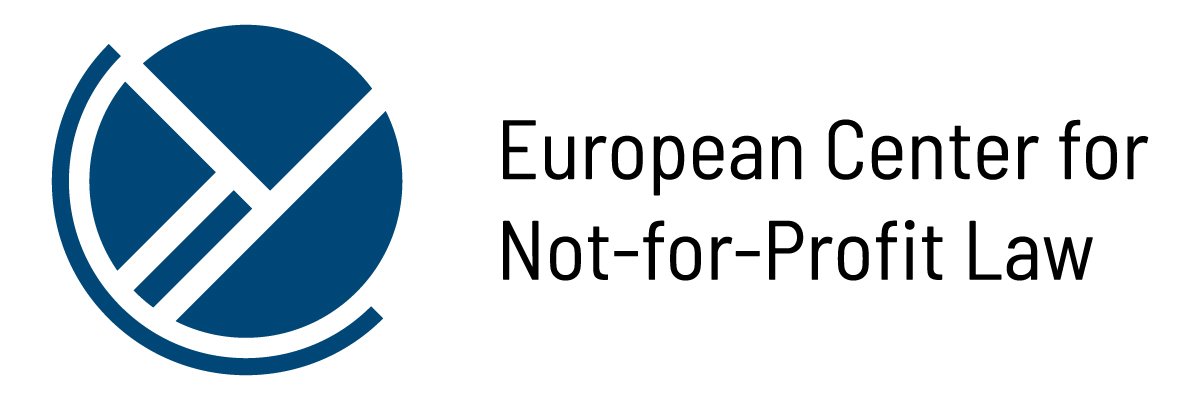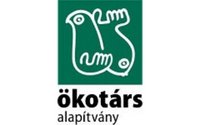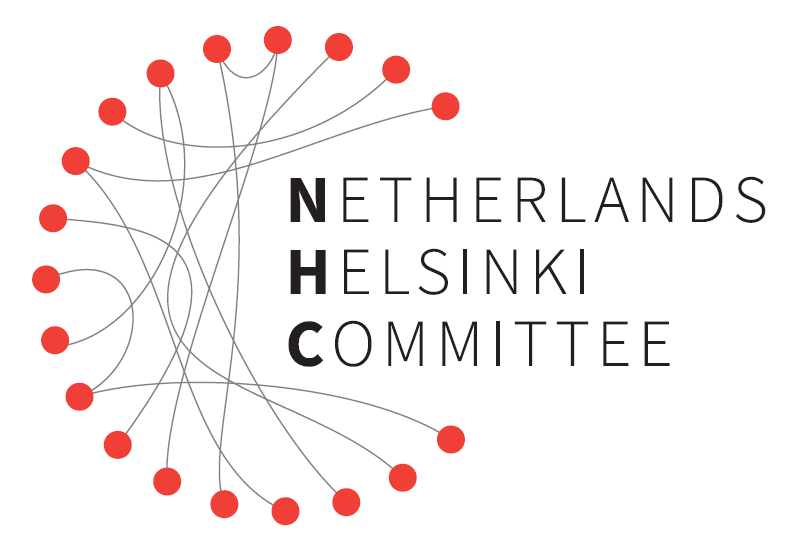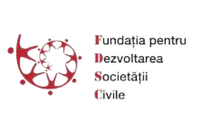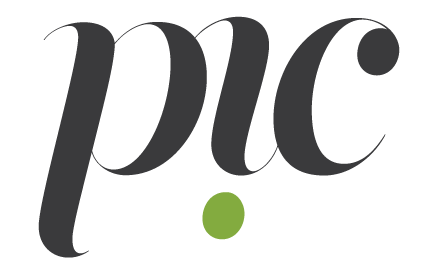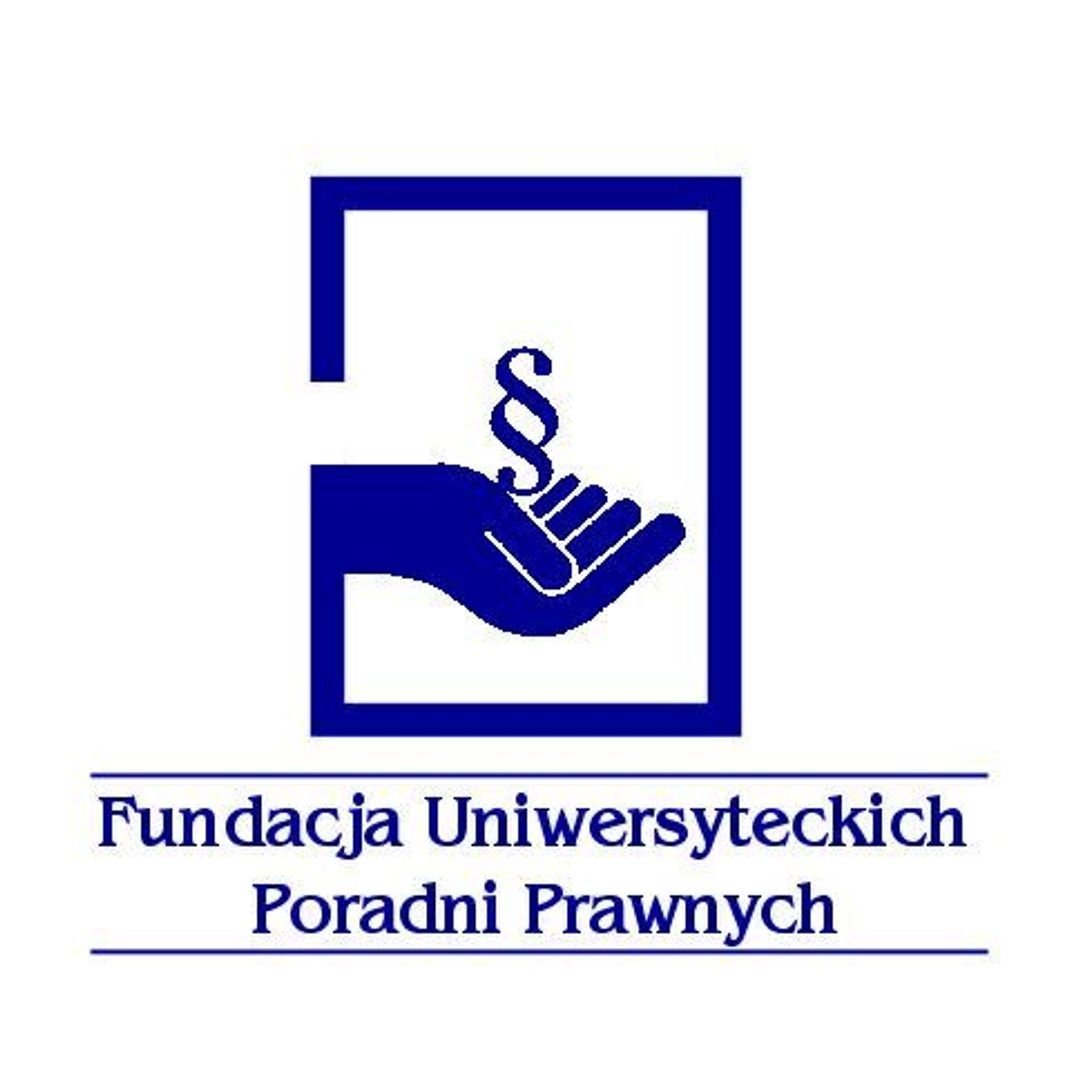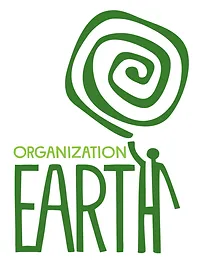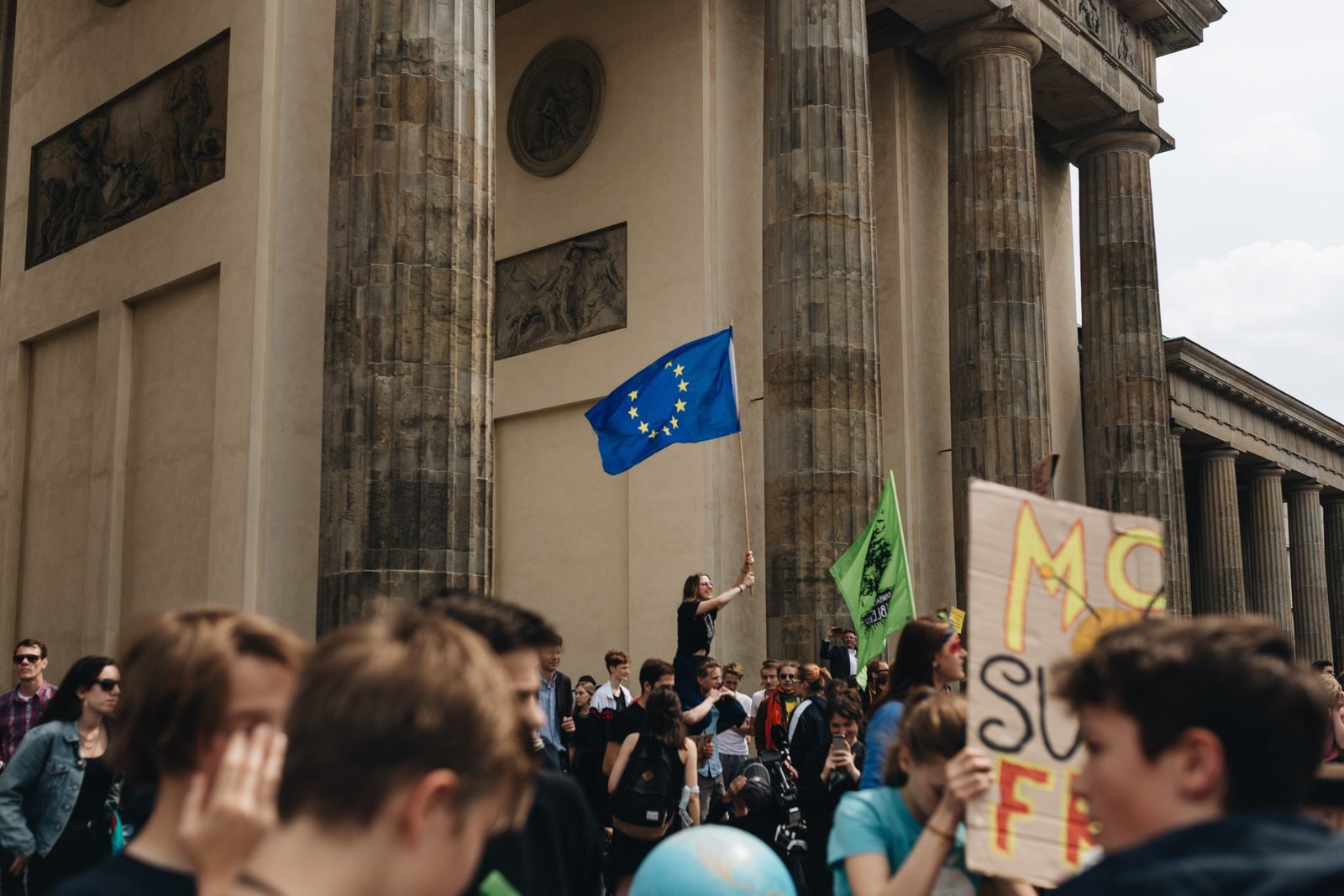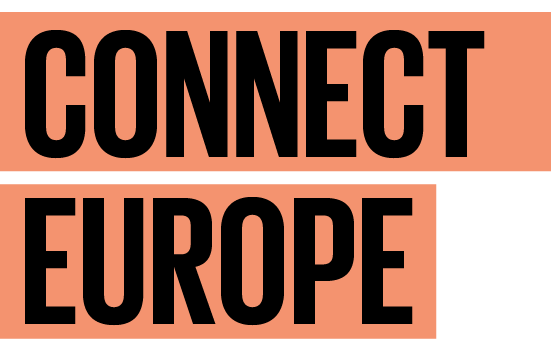The European Civic Forum regularly participates in transnational projects, which aim to foster participation, promote EU Fundamental Rights and providing a space for civic actors to gather and exchange. Over the years we have worked with multiple partners, member organisations, local and European institutions. Find out about our current projects below!
MACS – Monitoring Action for Civic Space
What is the project about?
Civic Space – the operating environment for civil society organisations and activists – faces many challenges inside the EU.
While several organisations do vital work to monitor and report on violations of civic space and share positive examples, there is no common methodology.
That’s why ECF has come together with partner organisations from across the EU to develop a common methodology for monitoring civic space – to consolidate and strengthen this work.
In addition, the MACS project will develop an early warning system through the Civic Space Watch platform – to alert the EU institutions on specific threats to civic space and recommend action to be taken.
Who are the project partners?
Lead partner
Other partners
How is it funded?
The project is funded by the European Union’s Citizens, Equalities, Rights and Values programme (CERV).
Net4Defenders
What is the project about?
Civil society and human rights defenders act as democratic antibodies when rights, democracy and the rule of law are under attack. For this, they need support and protection.
Through the Net4Defenders project, ECF and five civic organisations across Europe will work to:
- build capacities of activists on the ground to monitor and respond to civic space restrictions and illiberal tendencies,
- develop national protection hubs to provide support to civil society under attack,
- advocate for a thriving civic space in the respective countries,
and more! Stay tuned for more information!

Who are the project partners?
Lead partner
Other partners
How is it funded?
The project is funded by the European Union’s Citizens, Equalities, Rights and Values programme (CERV).
PARATA
What is the project about?
PARATA is a European project that strengthens civil society organisations and human rights defenders facing threats and restrictions on fundamental freedoms. By fostering mutual learning, strengthening protection resources, and building the capacity of civil society, the project helps rights-defending groups, such as climate activists, migrant rights defenders, and LGBTQIA+ groups, develop strategies to stay safe and resilient in the time of increased restrictions and repression.
Through monitoring, advocacy, and communication and awareness-raising, PARATA provides support for civil society so that groups can continue defending democracy and human rights across Europe.
Who are the project partners?
Lead partner
Other partners







How is it funded?
The project is funded by the European Union’s Citizens, Equalities, Rights and Values programme (CERV).
Past projects
Art of Fundamental Rights and chARTer
With the Art of Fundamental Rights collections, we aimed to raise awareness about our fundamental human rights through art, to spark discussions and debate, and to explore a new way of educating people about their rights.
The exhibitions travelled across Europe – from Athens to Florence, Cologne to Copenhagen, and Brussels to Barcelona- and, on each occasion, they provoked new ideas and insights.
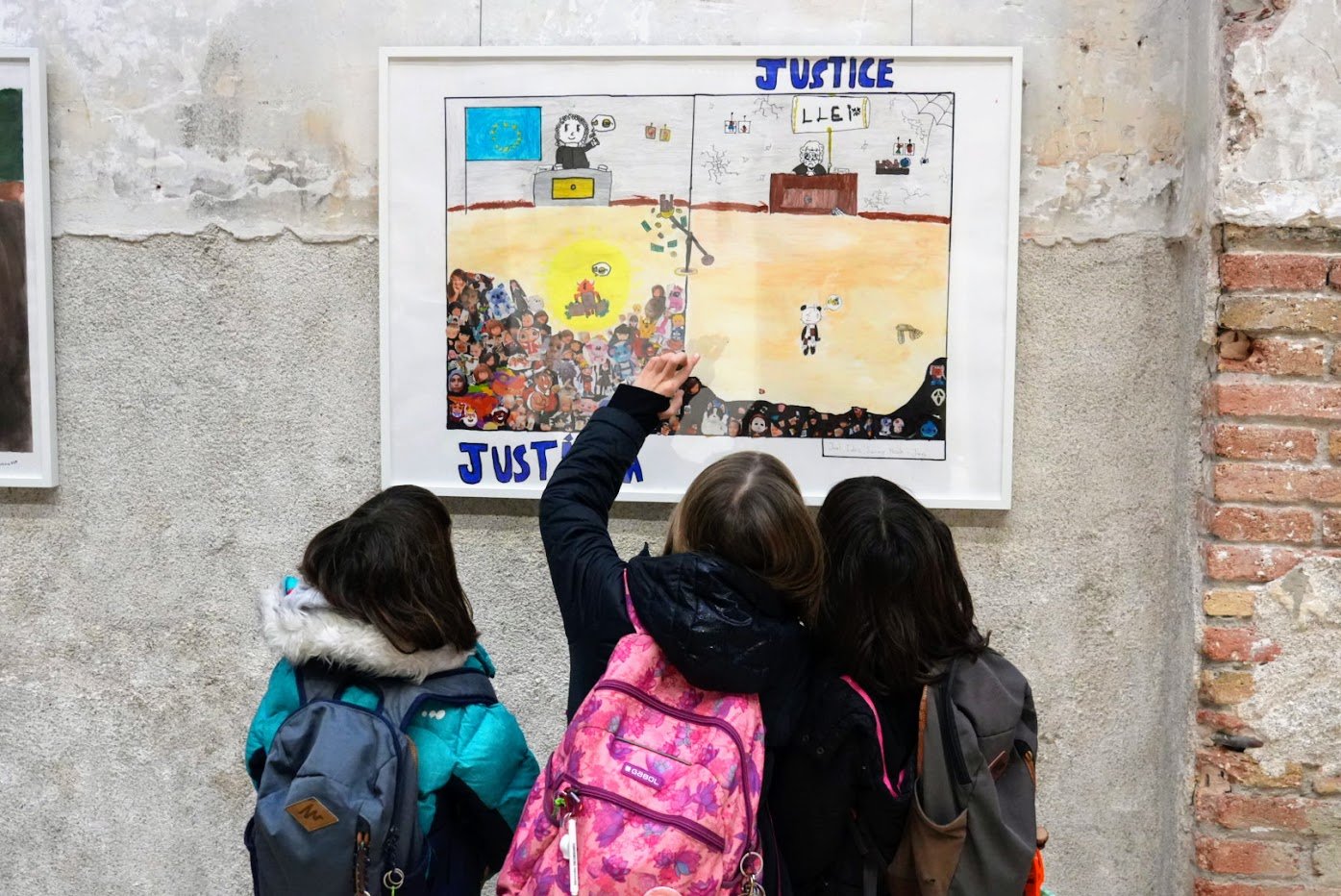
Who are the project partners?
Lead partner
Other partners
How is it funded?
The project is funded by the European Union’s Citizens, Equalities, Rights and Values programme (CERV).
Related news
European CSOs announce Early Warning System for civic space restrictions as part of the MACS project.
Webinar: Early Warning and Alert System as part of civic space protection in Europe
Net4Defenders — Project partners advance work on civic space and protection of human rights defenders
We are hiring: Communications and Projects Assistant
R-EU Connected final event in Le Raincy high school
R-EUCONNECTED: project partners meet physically and online in Castiglione del Lago
‘Reclaim Our Civil Space! from local to European’ – New project in Central and Eastern Europe
CONNECT EUROPE Final Event: 20 years of fundamental rights
Citi-Rights – claim your rights
- 1
- 2




